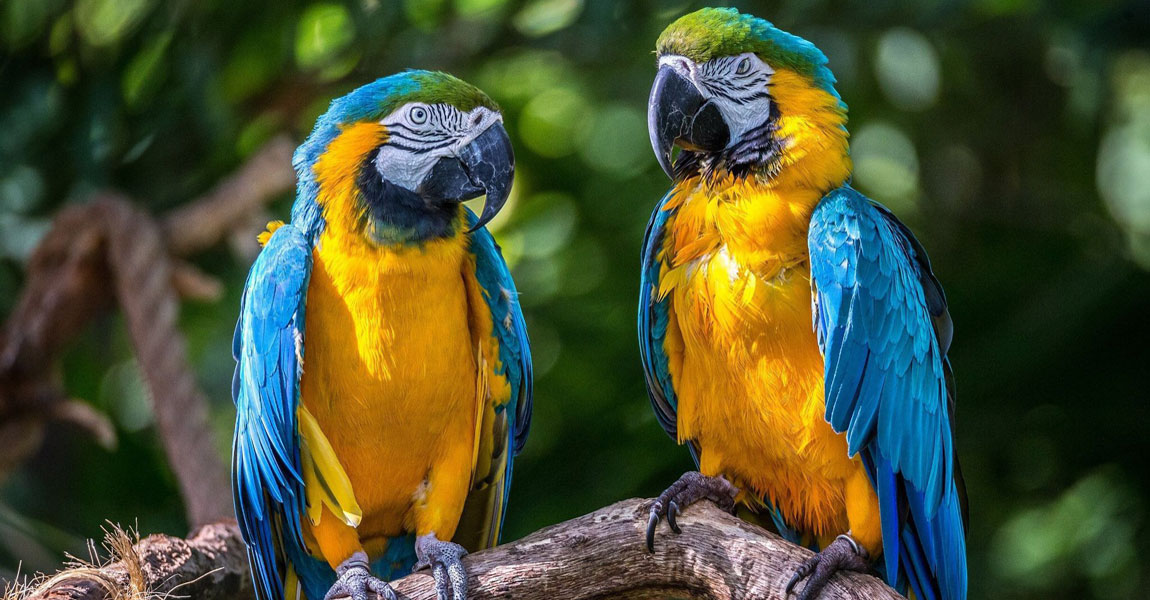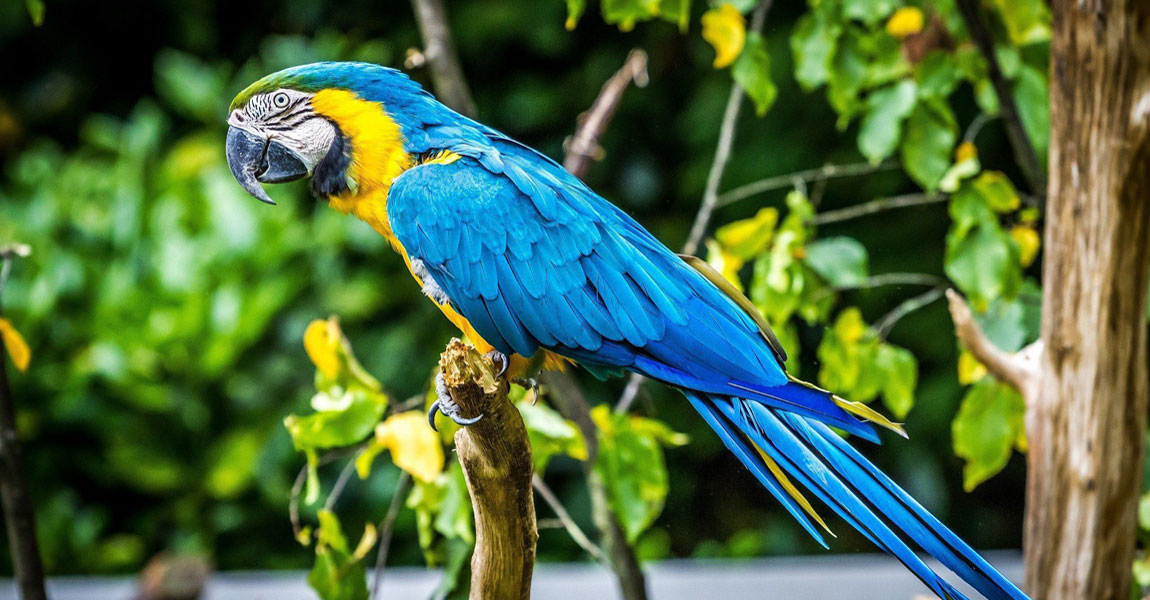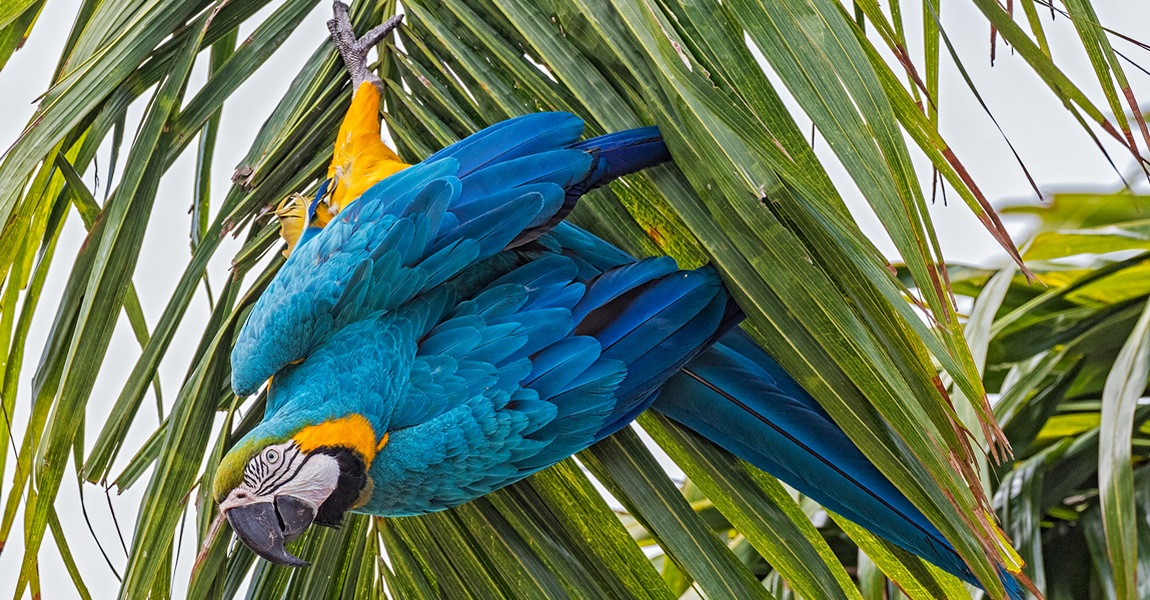In our mission to become one of South Africa's leading Exotic Pet brands Our site & platform is continuously evolving and expanding. Our goal is to nurture a vibrant local community of exotic pet enthusiasts and animal owners.
Exciting developments are on the horizon! In the coming months, Absolute Exotics SA will unveil our new and improved site, featuring a host of new interactive features. All animal-related content and articles will be available not only in text format but also in video, audio, and downloadable PDF formats. Additionally, we will introduce online quizzes As part of these upgrades, we are also launching a brand new free local animal and pet directory. .
Please note that during this transition period, some links and sections, particularly those related to specialized care, may not always be accessible. We apologize for any inconvenience this may cause.





